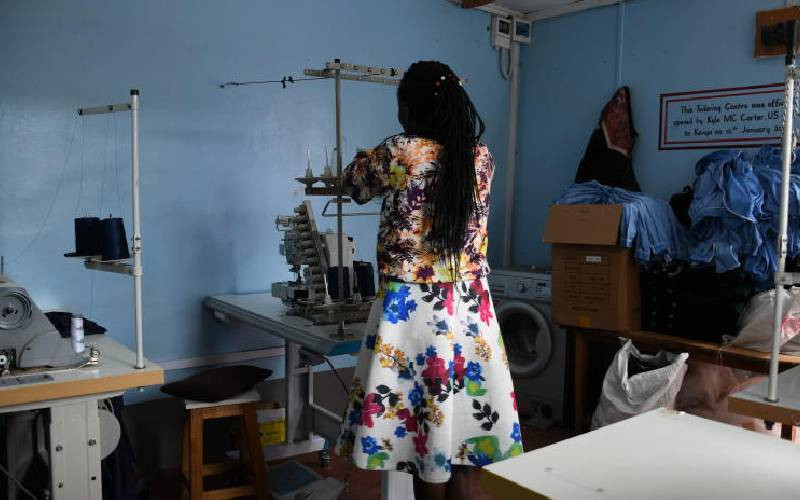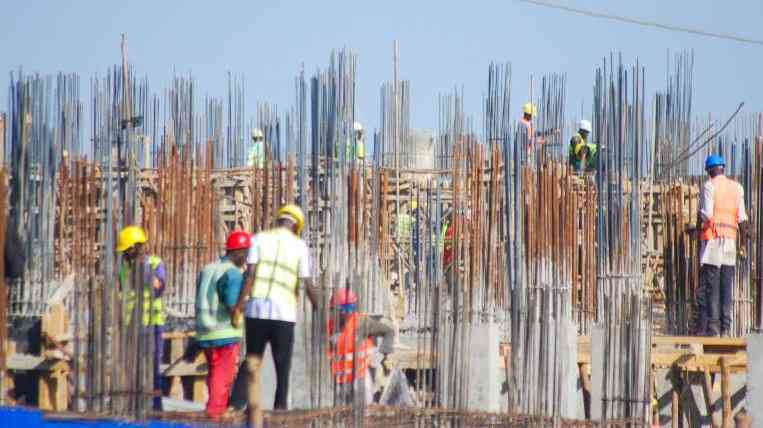×
The Standard e-Paper
Join Thousands Daily

A 17-year-old girl knitting at Mission with a Vision Girls Rescue Centre in Narok where some 58 girls from Maasai Community are housed. [Boniface Okendo, Standard]
At about 9 am in Nkoilale village, Narok East, Lemontoi Purunkei joins his family from the grazing grasslands.







